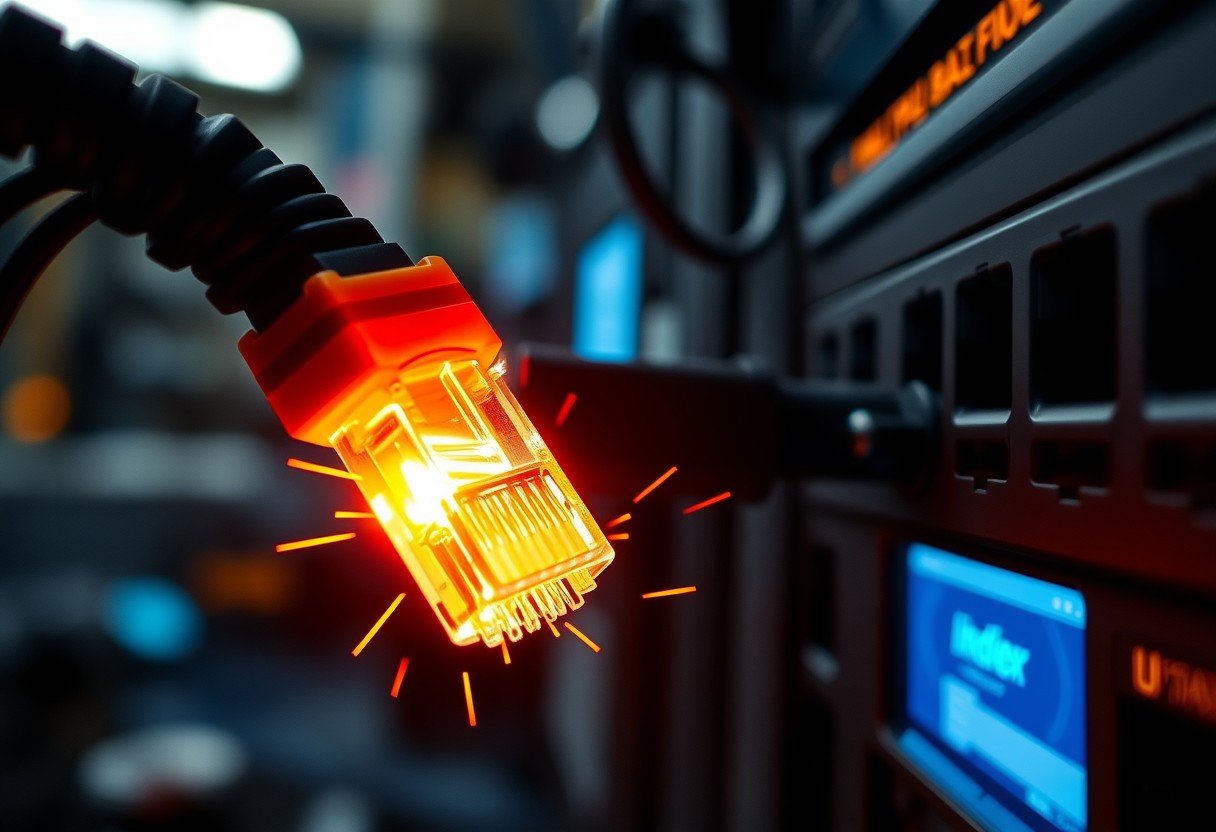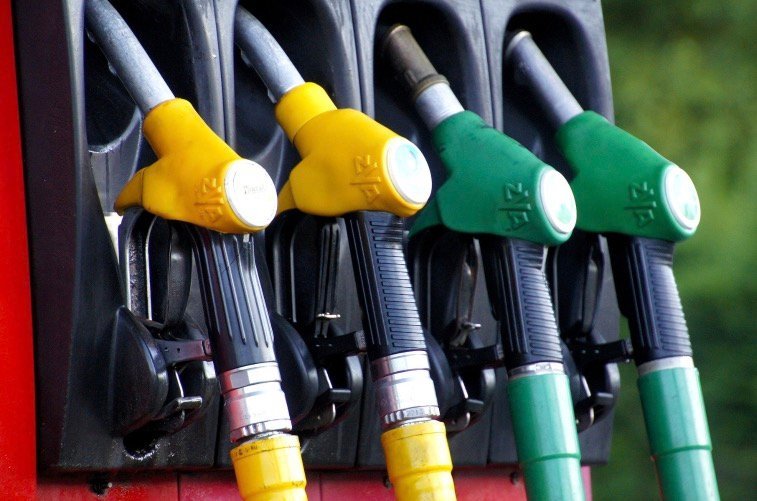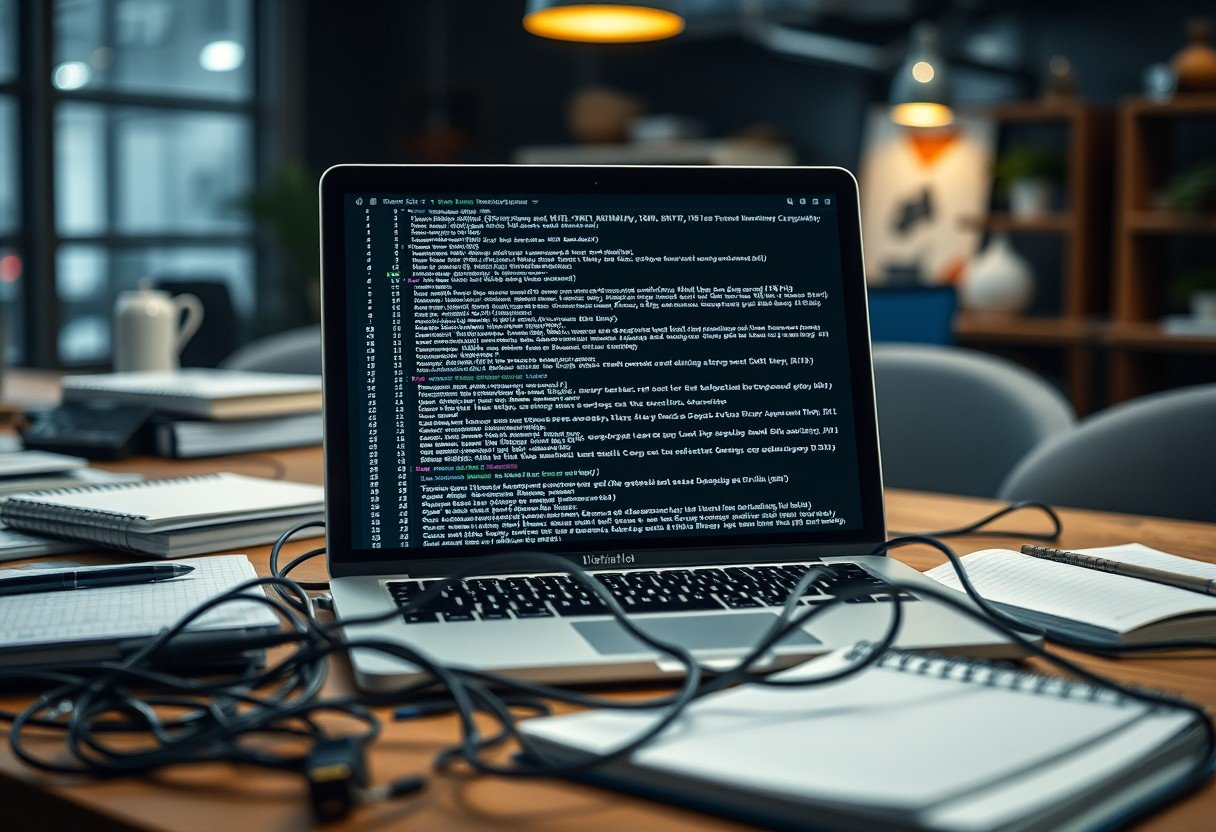Using a VPN is essential for protecting your online privacy, but you may have noticed your phone’s battery dying faster. This happens because VPNs require extra processing power to encrypt your data and maintain a secure connection. Understanding why this happens and what you can do about it will help you balance security with battery life, ensuring you stay protected without constantly reaching for your charger.
Why a VPN Can Drain Your Phone’s Battery
The primary job of a VPN is to create a secure, encrypted tunnel for your internet traffic. This process, while crucial for security, is demanding on your phone’s resources.
The constant encryption and decryption of data require your phone’s processor (CPU) to work harder than it normally would. Think of it as adding an extra layer of work to every piece of data you send and receive. This increased CPU activity is a direct cause of higher power consumption.
Furthermore, most VPN apps run continuously in the background to maintain the secure connection. This background activity consumes battery even when you aren’t actively using your phone, contributing to a steady drain throughout the day.
Key Factors that Affect Battery Consumption
Not all VPN usage results in the same amount of battery drain. Several factors can either increase or decrease the impact a VPN has on your phone’s battery life. Being aware of these can help you troubleshoot why your battery is draining so quickly.
The stability of your internet connection plays a huge role. If you are on an unstable Wi-Fi or cellular network, your VPN app will constantly work to re-establish a secure connection. This repeated effort to reconnect consumes a significant amount of energy.
Other important elements include:
- Server Proximity: Connecting to a server that is geographically far away increases latency, forcing your device to work harder to maintain a stable link.
- Device Hardware: Older phones with less efficient processors and older operating systems will struggle more with the demands of encryption, leading to faster battery drain.
- VPN Protocol: The type of security protocol your VPN uses has a direct impact on performance and battery usage.
How to Choose a Battery-Friendly VPN Protocol
The technology that powers your VPN connection is called a protocol, and your choice can make a big difference for your battery. Some protocols are built for maximum security with less regard for speed or efficiency, while others offer a better balance.
Modern protocols like WireGuard are specifically designed to be lightweight and fast, making them much more energy-efficient than older options like OpenVPN. Many top VPN providers now allow you to switch between protocols in their app settings.
Here is a simple comparison of common VPN protocols and their general impact on battery life:
| VPN Protocol | Battery Impact | Best For |
|---|---|---|
| WireGuard | Low | Everyday use, streaming, and mobile devices |
| IKEv2/IPsec | Low to Medium | Mobile users who switch between Wi-Fi and cellular |
| OpenVPN | High | Maximum security and configuration options |
If your VPN app offers a choice, switching to WireGuard is often the single best change you can make to improve your phone’s battery life while staying secure.
Simple Settings to Reduce VPN Battery Drain
Beyond choosing the right protocol, you can adjust settings within your VPN app and phone to minimize power consumption. These small tweaks can add up to a noticeable difference in how long your battery lasts.
One of the most effective features to use is split tunneling. This allows you to select which apps use the VPN and which ones connect directly to the internet. For example, you can route your web browser through the VPN for privacy but let a music streaming app connect normally to save power. By not encrypting data from trusted apps, you reduce the overall workload on your phone’s processor.
You can also check your app’s connection settings. Some VPNs have features to automatically disconnect when the screen is off or connect only on specific networks. Disabling features like “automatic reconnect” can also help if you are in an area with a spotty connection, as it prevents the app from constantly trying to find a signal.
Practical Tips for Everyday VPN Use
Managing battery life is also about how you use the VPN day-to-day. Developing a few simple habits can help you get the security you need without being tethered to a power outlet.
The most straightforward tip is to simply turn the VPN off when you don’t need it. If you are on a trusted home Wi-Fi network and just listening to downloaded music, you probably don’t need the VPN running. Turn it on when you are using public Wi-Fi, accessing sensitive accounts, or need to bypass geo-restrictions.
Additionally, try these strategies:
- Use Wi-Fi Over Cellular: Wi-Fi radios are generally more power-efficient than cellular radios. Whenever possible, connect to Wi-Fi to reduce the strain on your battery.
- Monitor Your Battery Usage: Go into your phone’s settings and check which apps are using the most battery. This can confirm if the VPN is the main culprit or if another app is misbehaving.
- Enable Battery Saver Mode: Your phone’s built-in battery saver mode can help by limiting background processes for all apps, including your VPN.
Frequently Asked Questions
Will a VPN drain my battery even when my phone is not in use?
Yes, a VPN can drain your battery even when the screen is off because it runs as a background process to maintain a constant, secure connection to the server.
Are some VPNs better for battery life than others?
Absolutely. VPNs that use modern, lightweight protocols like WireGuard are more energy-efficient. Additionally, apps with features like split tunneling can help you conserve power by only encrypting traffic from specific apps.
Does the strength of the encryption affect battery consumption?
Yes, stronger encryption requires more processing power, which can lead to higher battery usage. However, for most users, the difference between standard and maximum encryption levels is minor compared to factors like the VPN protocol and network stability.
How can I check how much battery my VPN is using?
You can check battery consumption on both Android and iOS devices by going to the “Battery” section in your phone’s settings. It will show a list of apps and the percentage of battery each has used.
Is it better to use a VPN on Wi-Fi or cellular data for battery life?
Using a VPN on a stable Wi-Fi connection is generally better for your battery. Wi-Fi radios are more power-efficient, and the stable connection prevents the VPN from constantly trying to reconnect, which drains power.







Leave a Comment